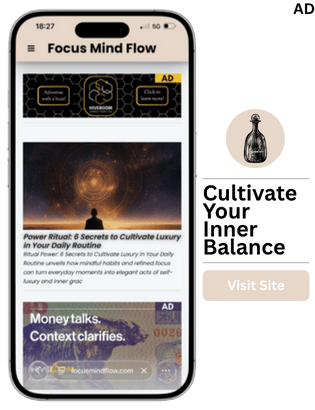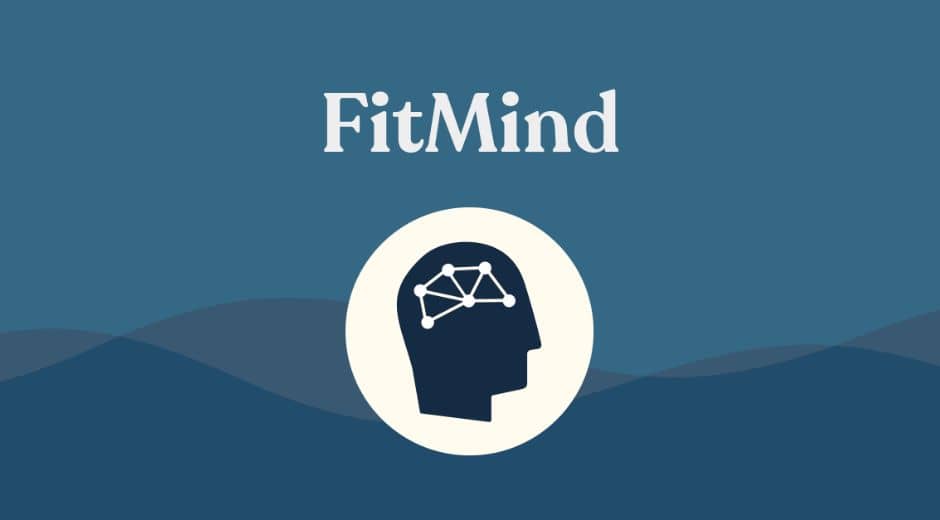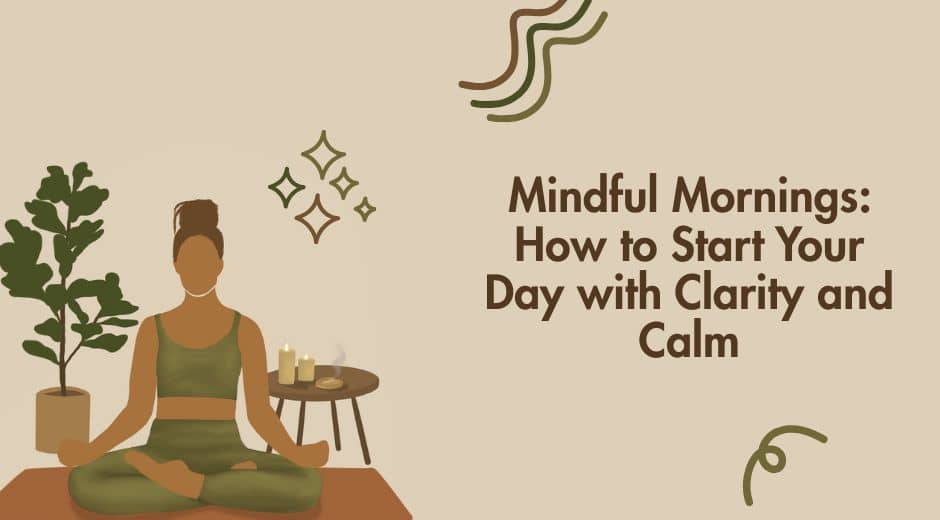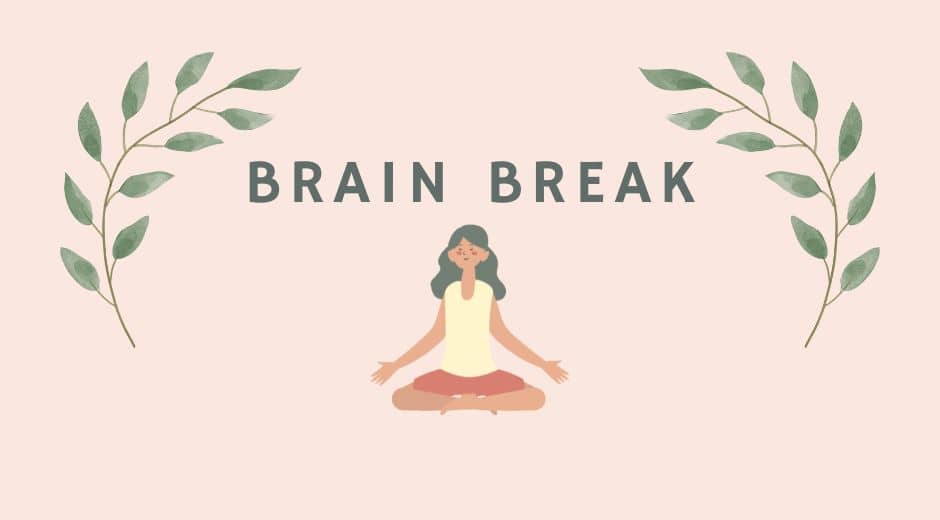Emotional Agility: Strengthening Mental Flexibility for Life’s Challenges
Emotional Agility: Strengthening Mental Flexibility for Life’s Challenges
In today’s fast-paced and unpredictable world, the ability to adapt to changing circumstances, manage emotions effectively, and respond with clarity is critical. Emotional agility refers to the capacity to navigate emotions with flexibility, awareness, and resilience, enabling individuals to face challenges constructively rather than reactively.
Understanding Emotional Agility
Emotional agility is a psychological framework that involves recognizing, accepting, and strategically responding to emotions. Unlike emotional suppression or impulsive reactions, emotional agility encourages self-awareness and intentional choice. According to Healthline.com, emotionally agile individuals demonstrate improved problem-solving, reduced stress, and better interpersonal relationships.
Key components of emotional agility include:
Emotional Awareness: Identifying and understanding one’s emotions without judgment.
Cognitive Flexibility: The ability to reframe situations and shift perspectives effectively.
Behavioral Adaptability: Choosing actions aligned with personal values rather than impulses.
Resilient Mindset: Maintaining composure and focus during challenges.
Benefits of Emotional Agility
1. Enhanced Mental Resilience
By fostering emotional agility, individuals develop the capacity to bounce back from setbacks, handle uncertainty, and maintain clarity under pressure.
2. Improved Decision-Making
Awareness of emotional states allows for more thoughtful and rational decisions. Emotional agility reduces impulsivity and encourages deliberate action aligned with long-term goals.
3. Stronger Relationships
Recognizing and managing emotions improves empathy and communication. Individuals with high emotional agility can navigate conflicts more effectively and foster deeper connections.
4. Reduced Stress and Anxiety
Practicing emotional agility decreases stress responses and promotes adaptive coping mechanisms, which enhance overall mental well-being.
5. Greater Personal Growth
Emotional agility encourages self-reflection and continuous learning, helping individuals align actions with core values and pursue meaningful objectives.
Strategies to Cultivate Emotional Agility
1. Mindfulness Practice
Mindfulness enhances emotional awareness and supports emotional agility by allowing individuals to observe emotions without judgment. Techniques include:
Guided meditation
Breathwork exercises
Body scans
Regular mindfulness practice strengthens neural pathways associated with emotional regulation.
2. Cognitive Reframing
Cognitive reframing helps reinterpret challenging situations positively or neutrally. This practice fosters emotional agility by enabling flexible thinking and reducing stress reactions.
3. Journaling and Reflection
Writing about emotions, reactions, and experiences enhances self-awareness. Journaling helps identify recurring patterns, triggers, and opportunities for growth.
4. Values-Based Decision Making
Aligning actions with personal values ensures that responses are intentional rather than reactive. Values-based practices reinforce emotional agility and reduce internal conflict.
5. Physical Activity
Exercise supports mental health and emotional regulation. Aerobic workouts, yoga, and functional movement exercises reduce cortisol levels, boost endorphins, and improve overall emotional resilience.
6. Social Support and Communication
Engaging in supportive social networks enhances emotional flexibility. Discussing challenges with trusted friends or mentors promotes perspective-taking and adaptive problem-solving.
7. Exposure to New Experiences
Challenging oneself with novel experiences fosters adaptability and cognitive flexibility. Emotional agility grows as individuals learn to navigate uncertainty and change effectively.
8. Stress Management Techniques
Incorporating relaxation techniques such as progressive muscle relaxation, mindfulness meditation, and deep breathing helps regulate emotional responses, supporting sustained emotional agility.
Daily Practices to Enhance Emotional Agility
Begin each day with a mindfulness or breathing routine
Reflect on emotional responses after challenging situations
Reframe negative experiences by focusing on learning opportunities
Engage in social interactions that encourage empathy and perspective-taking
Maintain consistent physical activity to regulate mood and stress
Overcoming Barriers to Emotional Agility
Avoidance of Difficult Emotions
Suppressing emotions limits growth. Accepting and acknowledging feelings without judgment fosters emotional agility.
Fixed Mindset
Rigid thinking patterns inhibit adaptation. Cognitive flexibility exercises, journaling, and mindfulness expand mental agility.
External Pressures
Workplace stress, societal expectations, or personal conflicts may challenge emotional regulation. Prioritizing self-care, boundaries, and reflection supports resilience.
Habitual Reactivity
Automatic reactions often override thoughtful responses. Mindfulness, breathwork, and values-aligned decision-making reduce impulsivity and enhance emotional agility.
Scientific Insights
Research indicates that emotional agility enhances psychological resilience, reduces symptoms of anxiety and depression, and improves workplace performance. Regular practice strengthens neural networks related to executive function, emotional regulation, and adaptive behavior.
Integrating Technology and Resources
Digital tools can support emotional agility by providing structured exercises, mood tracking, and guided reflection. Apps for mindfulness, journaling, and cognitive reframing help reinforce consistent practices. Bodywellnessgroup.com offers resources to integrate these tools thoughtfully, balancing digital support with real-world application.
Family and Community Applications
Teaching emotional agility to children and families fosters adaptive coping skills from an early age. Focusmindflow.com provides resources and exercises to help parents guide children in recognizing, labeling, and managing emotions effectively. Encouraging collaborative problem-solving and mindful communication strengthens family resilience.
Conclusion
Emotional agility is a critical skill for navigating life’s complexities, enhancing resilience, and fostering meaningful relationships. By cultivating self-awareness, cognitive flexibility, and values-aligned behavior, individuals can respond to challenges with composure and intentionality. Combining mindfulness, reflective practices, physical activity, and social support ensures sustained development of emotional agility.
For more guidance on building emotional agility, visit Bodywellnessgroup.com. For evidence-based mindfulness and mental health strategies, see Healthline.com, and for practical exercises and resources to enhance emotional flexibility, check Focusmindflow.com.
Embracing emotional agility empowers individuals to respond thoughtfully to life’s challenges, improve mental and emotional resilience, and lead a more balanced and adaptive life.
Wellness Made Simple
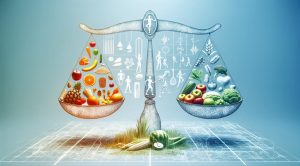
Energy Balance Habits For Sustainable Performance
Energy Balance Habits For Sustainable Performance

Holistic Body Care Beyond Exercise And Diet
Holistic Body Care Beyond Exercise And Diet

Physical Ease Practices For Pain Free Movement
Physical Ease Practices For Pain Free Movement

Why Athletes Load Manage: Protecting the Body for the Long Game
Why Athletes Load Manage: Protecting the Body for the Long Game

Wellness Rhythm For Balanced Daily Living
Wellness Rhythm For Balanced Daily Living

Building Body Resilience Through Consistent Habits
Building Body Resilience Through Consistent Habits

Movement For Wellness Without Overtraining
Movement For Wellness Without Overtraining

Calm Body Practices For Stress Sensitive Nervous Systems
Calm Body Practices For Stress Sensitive Nervous Systems




